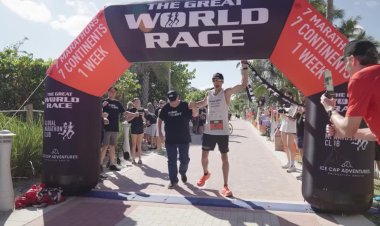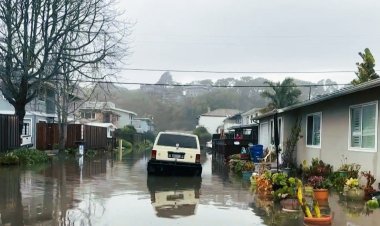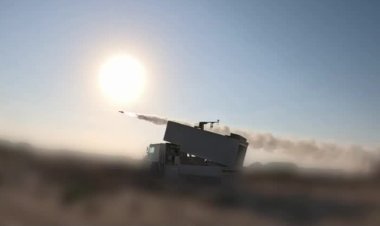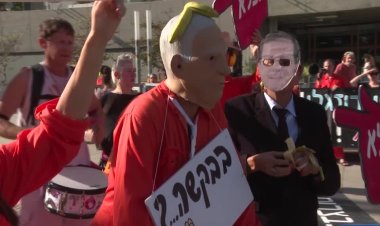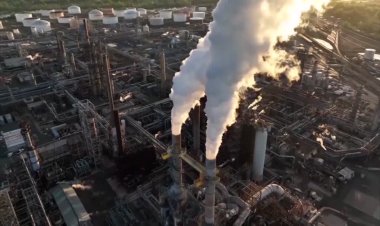Clashes erupt in Serbia over detentions

Serbian police clashed with anti-government protesters in Belgrade, who blocked streets demanding the release of individuals detained during previous demonstrations. Tensions escalated as protesters threw chairs and other objects at riot police, following violent protests on June 28, where demonstrators called for snap elections and an end to President Aleksandar Vučić's 12-year rule. Interior Minister Ivica Dacic reported that 77 people were arrested during the earlier protests.
The unrest began last December after a tragic roof collapse at a Novi Sad railway station killed 16 people, with protesters attributing the disaster to government corruption. Over the past eight months, the protests have intensified, evolving into widespread demonstrations against Vučić's administration, with demands for early elections and greater accountability.
The June 28 protest saw around 140,000 participants, marking one of the largest gatherings in Serbia's recent history, primarily led by university students. The demonstration turned violent, resulting in numerous arrests and injuries among both protesters and police. In response, President Vučić has refused to call for early elections, labeling the demonstrators as "terrorists" and accusing them of attempting to destabilize the state with foreign support. The Kremlin has expressed concerns that the protests could be part of a "colour revolution," a term used to describe uprisings influenced by foreign powers.
Despite government efforts to quell the movement, support for the protests has grown across various sectors, including students, opposition members, teachers, and farmers, reflecting widespread dissatisfaction with Vučić's administration. The situation remains tense, with no clear resolution in sight, and observers warn that ongoing unrest could lead to further political instability in Serbia.




